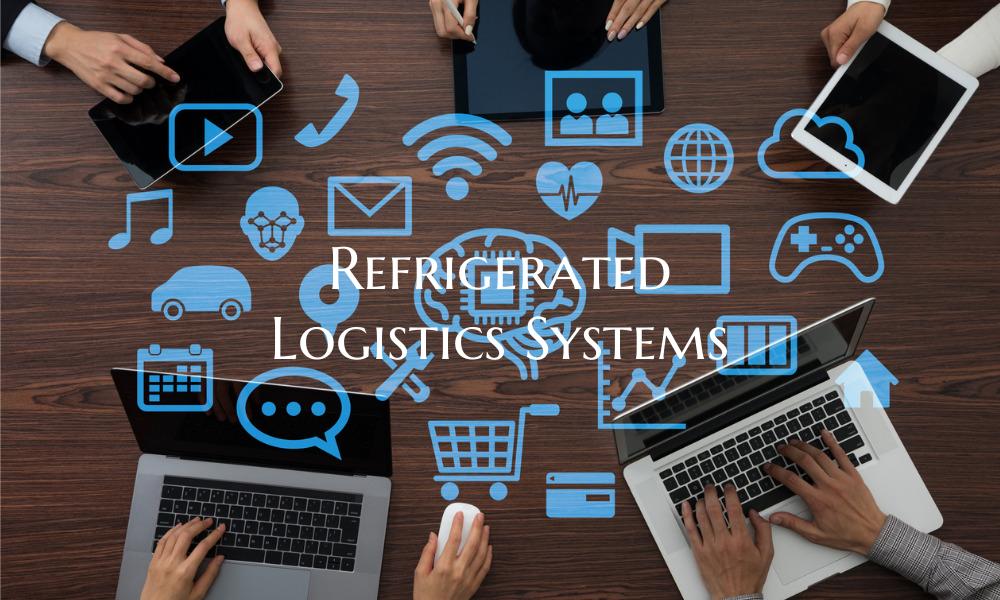Refrigerated Logistics Systems
In today's global economy, the efficient and reliable transport of perishable goods is crucial to the success of various industries such as food, pharmaceuticals, and healthcare. Refrigerated logistics systems play a vital role in ensuring that temperature-sensitive products are transported and stored in optimal conditions throughout the supply chain.
Refrigerated logistics systems encompass a range of technologies and processes designed to maintain specific temperature requirements for perishable goods from production to consumption. These systems are equipped with refrigeration units that can control temperatures within specified ranges, preventing spoilage, contamination, and loss of product quality.
One key aspect of refrigerated logistics systems is cold chain management, which involves monitoring and maintaining the temperature integrity of perishable goods at every stage of the supply chain. This requires careful planning, coordination, and monitoring to ensure that products remain within their required temperature range during storage, transportation, and distribution.
The use of advanced technologies such as temperature sensors, data loggers, and real-time monitoring systems has significantly enhanced the efficiency and visibility of refrigerated logistics systems. These technologies enable real-time tracking of temperature conditions, allowing for immediate intervention in case of temperature deviations or equipment malfunctions.
Efficient refrigerated logistics systems not only ensure the quality and safety of perishable goods but also help reduce food waste, minimize supply chain disruptions, and comply with regulatory requirements. By maintaining the integrity of temperature-sensitive products, refrigerated logistics systems play a crucial role in safeguarding public health and meeting consumer expectations for quality and freshness.
In conclusion, refrigerated logistics systems are indispensable for the transportation and storage of perishable goods in a wide range of industries. By leveraging the latest technologies and best practices in cold chain management, businesses can optimize their supply chain operations, reduce costs, and deliver high-quality products to consumers with confidence.

